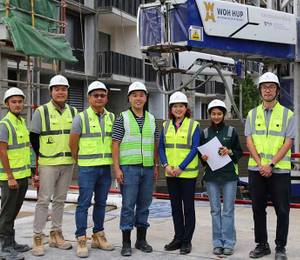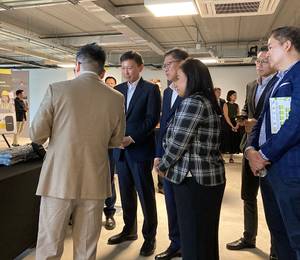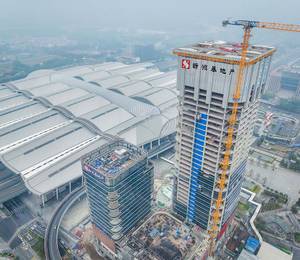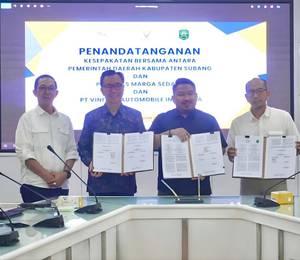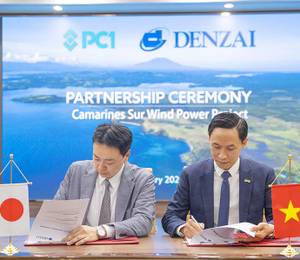PT Indotruck Utama (ITU), the Indonesian dealer for Volvo CE Asia, has inaugurated a new Component Rebuild Centre (CRC) in Balikpapan. This new facility supplies rebuilt components to the local market, advancing the company’s ambitions towards a more circular economy for construction equipment.
The scope for the new centre is significant: Indonesia is home to over 2,000 Volvo CE articulated haulers, hundreds of rigid haulers and numerous large excavators. All of the machinery in the country typically experience high utilisation rates, thus requiring high parts replacement rates. Through the investment in CRC, ITU will now be able to double the capacity of rebuilt components it supplies to the local market from 600 to 1,200 units a year.
With this world-class facility, ITU can manufacture rebuilt parts for all Volvo components, including for the D16 engine. It also covers production of rebuilt components for rigid and articulated haulers as well as large excavators. Additionally, ITU actively supports sustainability initiatives and participates in the complete life cycle of machines.
Tomas Kuta, head of region Asia at Volvo CE, explained, “ITU’s new Component Rebuild Centre reflects the company’s commitment to excellence and demonstrates its alignment with our values. We want to congratulate the whole team on this fantastic new facility. The CRC will substantially boost our aftermarket business in Indonesia and will give more customers access to rebuilt components, for greater circularity. This is another step forward in delivering increased overall sustainability from our Asian operations.”
Volvo CE is committed to the group-wide Science Based Targets Initiative (SBTi), which prioritises efficient resource utilisation through a comprehensive ‘reuse, reduce, remanufacture and recycle’ approach. By implementing this framework, the group aims to significantly decrease its carbon footprint by actively reducing carbon levels. These ambitions work in line with the group-wide target to increase its remanufacturing business by 60% between 2018 and 2025, as part of the group-wide commitment to creating a more sustainable future for the industry.

